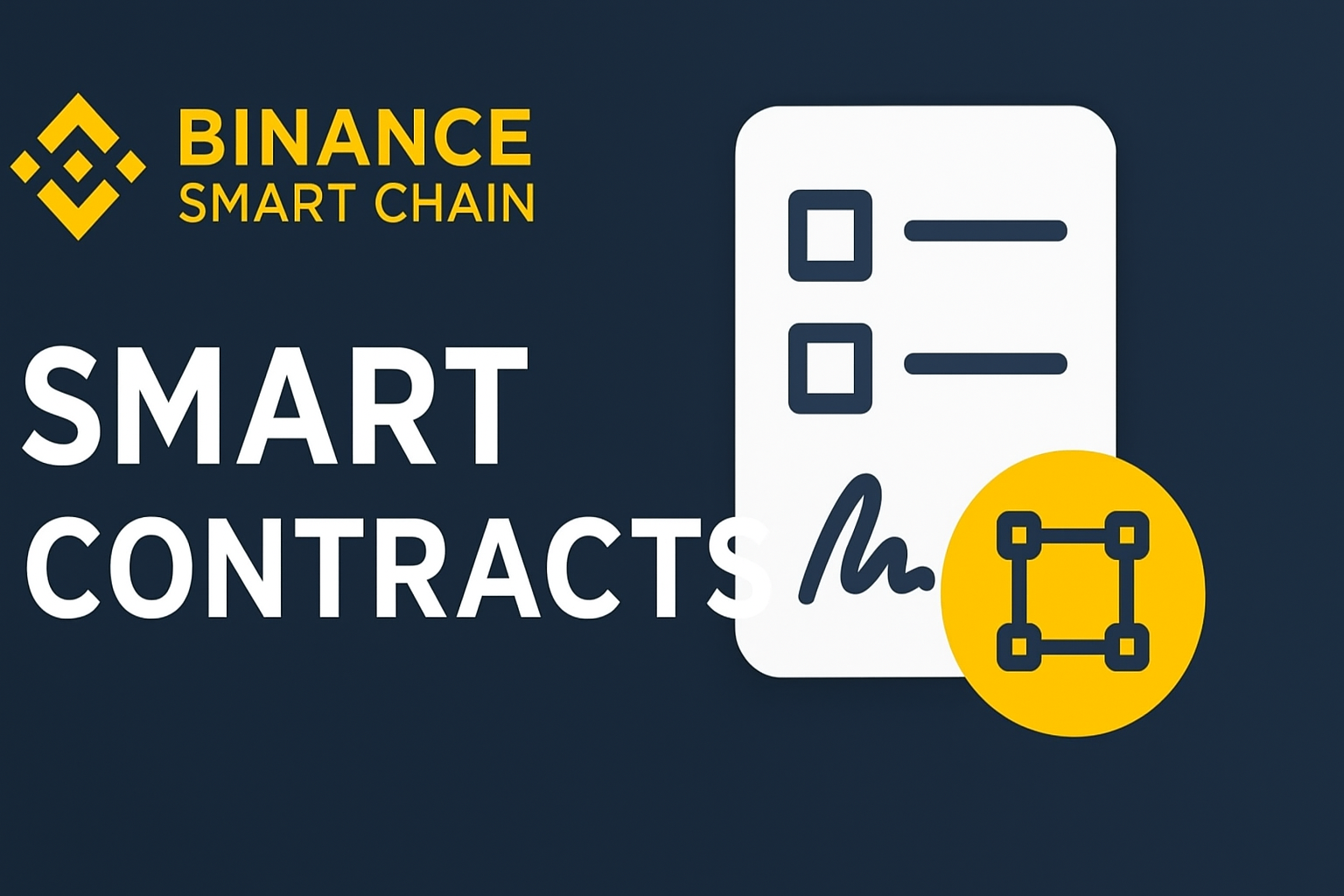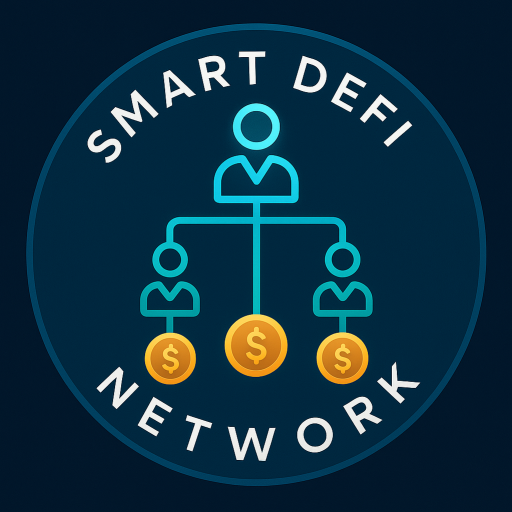Register in our smart contract to join the best network marketing.

The rapid evolution of blockchain technology has paved the way for decentralized finance (DeFi), tokenization, and automation in digital ecosystems. At the heart of this transformation lies the concept of smart contracts — self-executing programs that facilitate, verify, and enforce agreements without the need for intermediaries. Among various blockchain platforms, Binance Smart Chain (BSC) has emerged as a popular choice for deploying smart contracts due to its scalability, low transaction fees, and compatibility with the Ethereum Virtual Machine (EVM).
What is a Smart Contract?
A smart contract is a digital agreement written in code that automatically executes predefined actions when certain conditions are met. Unlike traditional contracts, which rely on legal enforcement and intermediaries, smart contracts operate autonomously on the blockchain. Key features include:
-
Autonomy: No third-party involvement is needed.
-
Transparency: All transactions and contract rules are publicly verifiable on the blockchain.
-
Immutability: Once deployed, the contract code cannot be altered.
-
Security: Blockchain consensus mechanisms ensure tamper-resistance.
Why Binance Smart Chain?
Binance Smart Chain was introduced by Binance to provide a high-performance, low-cost alternative for decentralized applications (dApps). Its key advantages for smart contracts include:
-
EVM Compatibility: Developers familiar with Ethereum can easily migrate or deploy contracts on BSC.
-
Fast Transactions: BSC’s consensus mechanism, Proof of Staked Authority (PoSA), allows block times of approximately 3 seconds.
-
Low Fees: Compared to Ethereum, BSC offers significantly lower transaction costs, making it ideal for micro-transactions and frequent interactions.
-
Robust Ecosystem: With a growing DeFi and NFT ecosystem, developers can leverage existing tools, wallets, and exchanges for seamless integration.
Common Use Cases of Smart Contracts on BSC
-
Decentralized Finance (DeFi): Automated lending, borrowing, and yield farming protocols rely heavily on smart contracts.
-
Token Creation and Management: Issuing BEP-20 tokens, staking programs, and token swaps are all powered by smart contracts.
-
Non-Fungible Tokens (NFTs): Ownership, trading, and royalties of digital collectibles are managed by smart contracts.
-
Gaming and Metaverse: Play-to-earn games and virtual worlds utilize smart contracts to automate rewards and asset transfers.
Security Considerations
Despite their advantages, smart contracts are not immune to risks. Vulnerabilities in the code can lead to exploits, hacks, and financial loss. Best practices include:
-
Code Audits: Engage professional auditors to review contract logic.
-
Testnets: Deploy contracts in test environments before mainnet deployment.
-
Upgradable Contracts: Implement patterns like proxy contracts for safe updates.
Conclusion
Smart contracts on Binance Smart Chain are reshaping how agreements, transactions, and digital assets operate in a decentralized world. By leveraging fast, low-cost, and secure infrastructure, BSC empowers developers, businesses, and users to innovate without relying on intermediaries. As the ecosystem grows, the potential applications of smart contracts will continue to expand, driving blockchain adoption across industries.


